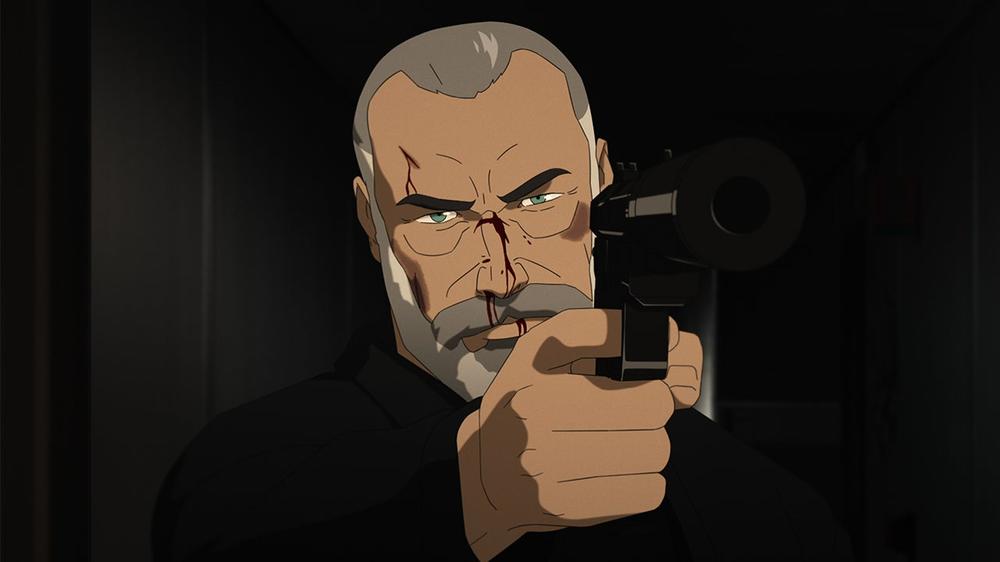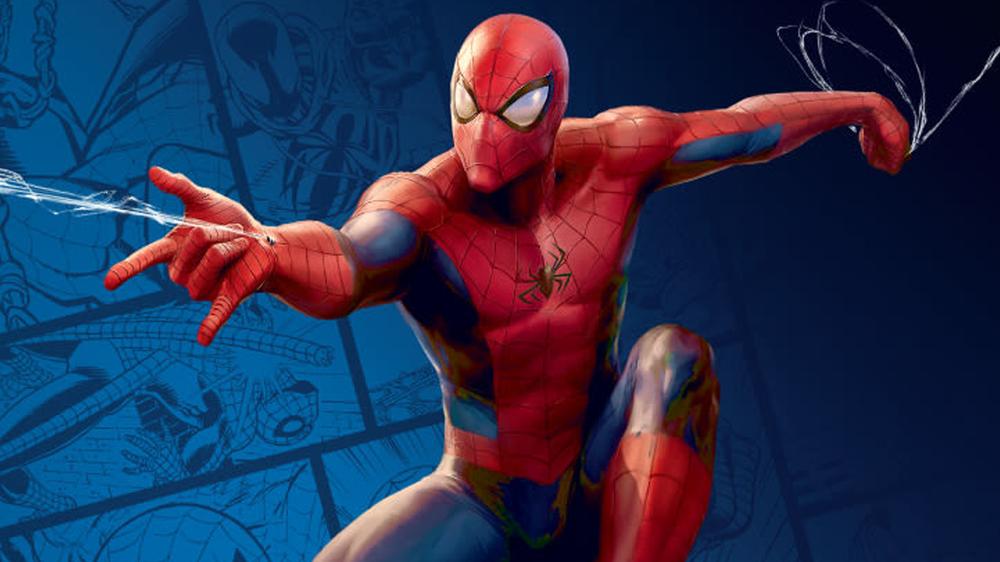I’m the biggest Splinter Cell fan I know. During my decade at Official Xbox Magazine early in my career, I reviewed every game in the series except the first one, and I also reviewed the only one to come out since I joined IGN 13 years ago, so I think I can speak for most of us when I say: Splinter Cell fans have to be nothing if not masochistic. After all, franchise owner Ubisoft keeps using series protagonist and middle-aged super-spy Sam Fisher in pretty much everything except his own proper new game. Despite cameos in more recent games like Rainbow Six Siege, Ghost Recon Wildlands, and the ill-fated XDefiant, it’s now been 13 years since our last solo Sam outing in Splinter Cell: Blacklist. Theoretically, a new game is in development – a complete remake of Splinter Cell 1 at Ubisoft Toronto using the modern Snowdrop engine – but we’re fast approaching four years since it was announced with a whopping three pieces of concept art. That’s right, we didn’t even get a teaser trailer. And there literally hasn’t been a single update since.
And so I was pleasantly surprised when Netflix announced a new animated series called Splinter Cell: Deathwatch – and dare I say I’m even optimistic given the showrunner is Derek Kolstad, aka The Creator of John Wick. It’s still not a game, obviously, but if this could actually be good, maybe it would raise interest in Splinter Cell enough to finally get Ubisoft to get in gear on that Splinter Cell 1 remake, or to start over on an all-new Sam Fisher adventure.
I got even more optimistic when I saw the first trailer. For me, Fisher will always be iconically voiced by the great Michael Ironside (I still hold his absence in Blacklist against that otherwise phenomenal game), but if the veteran actor is done with the role, then casting Liev Schreiber in his place seems like a fantastic way to go. “I loved [Ironside],” Kolstad told IGN in our recent Splinter Cell: Blackwatch digital cover story. “But ultimately it was like, ‘If we're going to be doing this for a while, they just wanted a new sound.’ And when they were going through the various voices, any number of people were up for the role.” But the teaser trailer showed us a Sam that wasn’t middle-aged anymore. No, he’s Old Man Sam now. “It's been done before in Old Mad Logan, but in many respects, this is my Unforgiven,” Kolstad said. “This is the ‘one last job’ from the old '70s thrillers, and it was a joy, man.” And thus my Splinter Cell superfan brain went straight to: “So wait…is this canon to the games?”
I got my answer straight from Ubisoft: yes, Splinter Cell: Deathwatch is canon to the six-game series (OK, seven if you count the PSP’s Splinter Cell Essentials which, yes, I reviewed for PSM Magazine). A Ubisoft spokesperson told me “it follows the timeline and characters set by the mainline games.” However, “while Deathwatch respects the source material, some creative liberties were taken with certain events for television.” What this means in a spoiler-free way – as you might’ve guessed, I’m reviewing Deathwatch – is that certain key story events from the games had their journey, but not their destination, changed. In other words, same outcome, but different path to get there. “Even though we have elements of that game referenced there, it's hopefully small enough and the changes therein minute enough [that fans won’t be upset],” Kolstad said. One could argue that it’s been so long since any of the games released that even the most die-hard Splinter Cell fan who watches Deathwatch won’t remember the particular details of certain incidents. But, I suppose, that will be up to my fellow superfans to decide.
In Deathwatch, a retired-but-still-extremely-capable (and man-bun-wearing!) Sam has long-ago handed the keys to Fourth Echelon over to an older and wiser Anna Grímsdóttir (aka Grim). Sam and Grim haven’t spoken in years, but when they do, their trust-forged bond is still very apparent. As Deathwatch begins, Fourth Echelon itself is a dying relic clinging to relevance many years after Sam left it, though as you can imagine the events of the Netflix show change that. Meanwhile, longtime-Fisher-ally-turned-archnemesis Douglas Shetland, a key piece of Chaos Theory’s narrative puzzle, is a major factor in the events of Season One, decades after his death.
And so you might be asking yourself, “Do I need to play/replay the Splinter Cell games to get the most out of the Deathwatch show?” And I’d honestly answer no; you probably won’t get much more out of it by binging the games between now and the show’s release on October 14 than if you’ve never played the games or haven’t fired any of them up in over a decade. That said, you’ll see and hear a few things that trigger a nostalgia-sparked smile – like, say, the sound of the iconic tri-lens night vision goggles turning on that’s straight out of the game – no matter how long it’s been since your last Splinter Cell game session.

 Amazon Has Discounted MTG Booster Boxes in Early Prime Day Deal, Including the New Spider-Man Set
Amazon Has Discounted MTG Booster Boxes in Early Prime Day Deal, Including the New Spider-Man Set